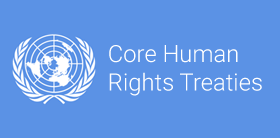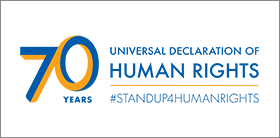The Human Rights Committee has concluded its consideration of the second periodic report of Nepal on its implementation of the provisions of the International Covenant on Civil and Political Rights on March 19, 2013. Presenting the report, Raju Man Singh Malla, Secretary at the Office of the Prime Minister and Council of Ministers, said Nepal was still struggling to manage political, economic and social transitions following a decade-long conflict. He added that the new Government that included the two main political parties had raised hopes for a logical conclusion of the peace process and reflected Nepal’s aspirations to democracy, peace and stability, and fulfillment of human rights. While maintaining that the economic transformation of Nepal was a priority given the extreme poverty as the biggest threat to the realization of human rights, Malla said that the country aimed to draft a new democratic constitution within one year. The report also highlighted some legislative reform and protective measures carried out by the government.
Following
the presentation of the country report, the Committee Experts expressed
extreme concern about continued impunity for the most serious human
rights violations, including war crimes, torture and enforced
disappearance, and the lack of accountability and reparation for
victims. Experts were particularly concerned about the widespread use of
torture in Nepal.
They also inquired about the steps taken to reduce gender violence,
trafficking in persons, caste-based discrimination and harmful
traditional practices such as child marriage. Concern was expressed
about refugees and asylum seekers from the Tibet Autonomous Region of
the People’s Republic of China and Nepal’s
respect of its non-refoulement obligations. Experts also voiced serious
concerns about credible allegations of violence, death threat and
reprisals against human rights defenders.




